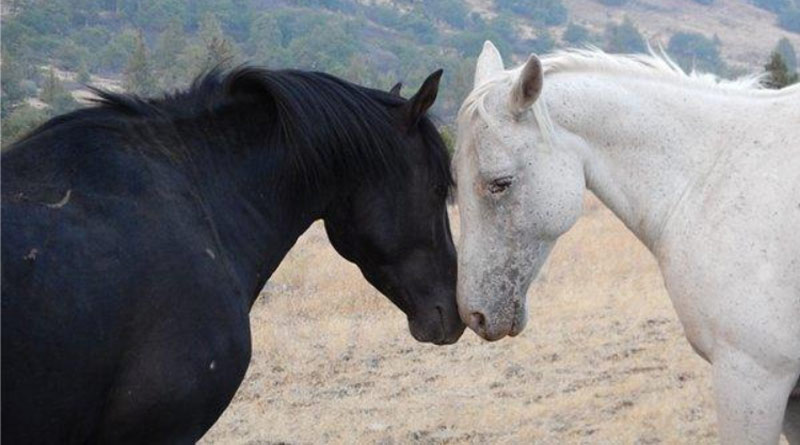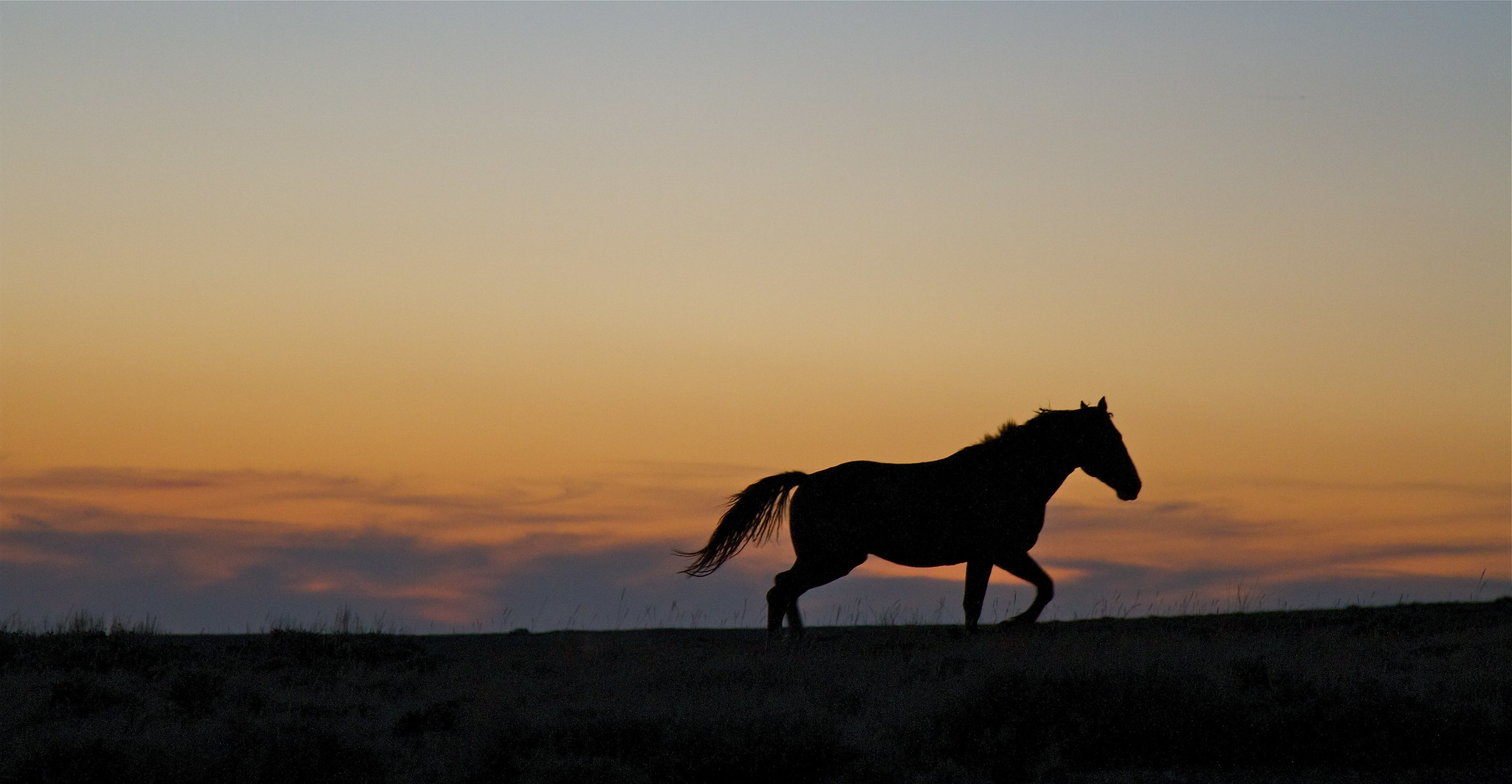You need to log in to post to this user's Wall.
-
William E. Simpson wrote a new post, Are Sanctuaries an Acceptable Solution for “Excess” Wild Horses? 6 years ago
In response to an article by H. Alan Day titled Mustang sanctuary: How a rancher saved 1500 wild horses, I offer the question and reply; are sanctuaries a sustainable solution for the longstanding dilemma faced […]

-
William E. Simpson wrote a new post, The Three Great Myths About America’s Wild Horses 6 years, 1 month ago
Throughout American history, the cattle industry has been for the most part unreasonable to other livestock producers. The American range and Sheep Wars of the 18th and early 19th centuries are clear evidence of […]


I agree with you in theory, that allowing wild horses to remain wild is far more ethical and ecologically sound than keeping them in sanctuaries or sterilize them. But in fairness to sanctuaries, organizations that care for (formerly) wild horses in captivity, or adopt them out to private caretakers, mostly are not doing so because they want horses gone from nature, but because it’s the only alternative available to them under the current status quo besides the government rounding them up for death by neglect or export to Mexican slaughterhouses. Lobbying for different government policies regarding horses is a much needed approach, which several organizations are currently taking, but in the mean time I don’t think it’s fair to bash sanctuaries for doing all they can in the here
and now to spare the horses a worse fate. I also wonder, what large areas of wilderness do you know of in the United States that aren’t used for livestock and currently contain healthy carnivore populations? Even the national parks are micromanaged by the government, with wildlife herded and culled, and many if not most federal lands are open to grazing. That can be changed, of course, in the long term, but it will take a completely different administration sympathetic to wildlife and not indebted to the animal agriculture industry.